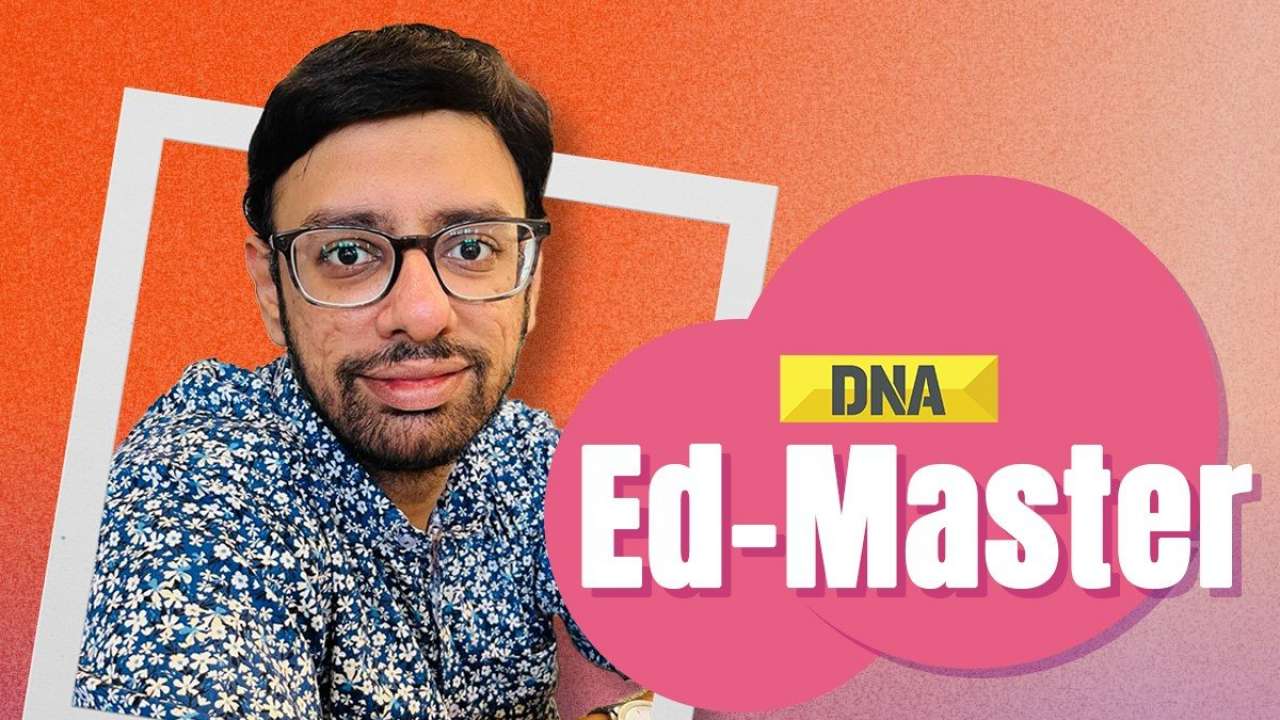
The Indian education landscape is witnessing a paradigm shift with the much awaited arrival of the new National Education Policy (NEP). While the euphoria surrounding the evolved curriculum continues, we are simultaneously witnessing the rise of what I call the ‘smart generation’ – a generation of students who are far more capable and much better exposed to the real world than previous generations.
These are students who aren’t afraid to explore the unexplored and have a much more evolved ability to solve problems. As such, a very fundamental question arises in today’s context – is a structured syllabus and curriculum really the best way to teach such curious young minds who are not just capable but also desirous of finding answers to questions far beyond their years?
The answer to this question requires examination of 3 key thematic clashes:
1) Exploration versus structure
Curriculum inherently brings structure. No matter how flexible this structure gets, there is always a limitation to the extent of possible modification. From an implementation standpoint, this is
implicitly desirable because it creates standardization and hence allows for unambiguous adoption across geographies. However, it also forces students into pre-defined silos of pedagogy.
Exploratory learning, which is evidently the need of the day, focuses on enabling the students. Restrictions imposed by structure must hence be reasonable enough to allow for exploratory learning to flourish. Critical thinking skills and questioning skills must not suffer at the altar of syllabus limitations.
Managing this is a tightrope act that only a few schools and colleges are able to pull off. After all, the last-mile implementation of any curriculum is the prerogative of the educational
institution. An ideal curriculum should give institutions the leverage of facilitating growth of the students in an optimized manner. If this is achievable, the curriculum will be more effective and pertinent.
Efforts in this direction have already begun. Education boards and universities are increasingly coming up with methodologies that will enable the students to think critically and apply their knowledge to solving real-world problems. The need for this is greater in higher education, especially at university level, because the stakes get much more real. While the initial steps in tackling the need have certainly been positive, a lot more is left to be done.
2) Gradual knowledge push versus holistic topic coverage
Another major feature of the curriculum as we find it today is the breakdown of even a simple,
single chapter into multiple years. Every year, a new dimension is added to the topic which gives it a slightly different nudge. However, sometimes this needs considerable unlearning and re-learning, which causes students to realize that their learnings until that point have either been inaccurate or misleading. This creates a sense of both frustration and confusion. I know for a fact that Chemistry students often feel agitated when they study the structure of the atom in grade 11 and realize that it is nothing like they’d been taught up to grade 10.
While there is nothing wrong in scaffolding educational outcomes, it must be done in a manner that is conducive to learning things from the correct, holistic perspective. This will eliminate redundancies and foster better alignment with concepts.
3) Choice versus compulsion
Often students are forced to study subjects which they may either not want to pursue in the future or don’t have an aptitude for. The standard justification for this is that curriculum is meant to give a broad exposure to a range of subjects, which is an enabler in helping students make better academic and career decisions in the future. However, teaching a fish to climb a tree in the name of up-skilling or choice creation isn’t really the best approach, is it?
This will only foster a sense of dislike towards such subjects in the mind of the student, which has the potential to cascade into a range of emotional and mental wellbeing issues. Academic stress is undeniably real. Besides, such academic compulsions take away a student’s sense of creativity because the student is already tasked with unmanageable academic pressure to perform.
There is an increasing recognition of this issue, and approaches to optimize choice while keeping exposure as broad as possible are already being implemented. Elective subjects in the curriculum is just the first step.
Questions about the utility of curriculum and syllabus are nothing new. What is needed is an optimized answer that is both feasible and viable.
The author of the article is Tejas Shyam, edu-preneur and founder of The Education Journey.
For more insights, he can be contacted at institute@tejtutorials.com
(Disclaimer: The views expressed above are the author's own and do not reflect those of DNA.)